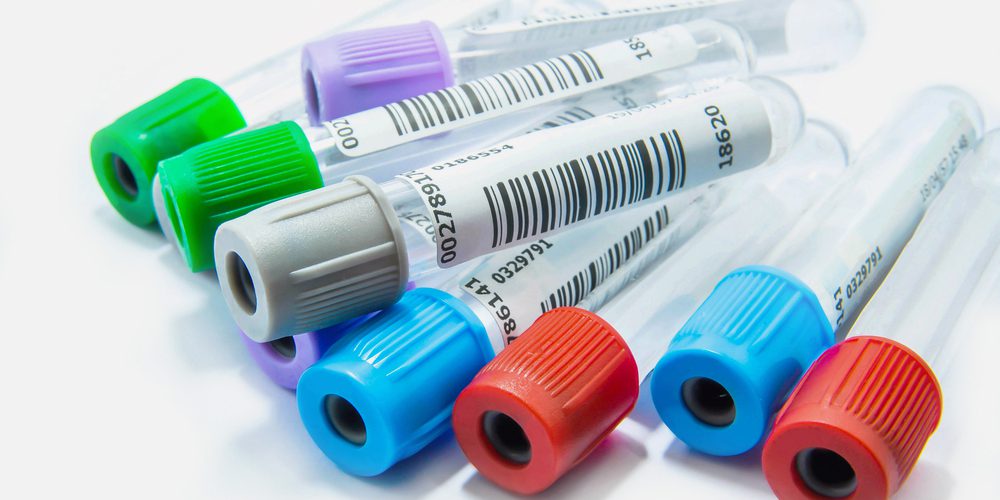WHAT IS AN ELECTROLYTE TEST?
An electrolyte test is a blood test which evaluates the levels of electrolytes and carbon dioxide in the blood. The test determines the presence of electrolyte imbalance in the blood. Electrolytes are electrically charged mineral (such as potassium, chloride, sodium and bicarbonate) found in the body. The electrolytes balance body fluids, and acids and bases. Also, they keep the body to function normally like, heart rhythm, activity and brain function.
- POTASSIUM: helps the heart and muscles to function properly.
- CHLORIDE: controls the body fluid content in the body and helps to maintain blood pressure and blood volume that is healthy.
- SODIUM: controls the number of body fluids and helps the muscle and nerves to work correctly.
- BICARBONATE: helps to maintain the balance of acids and bases in the body and plays a vital role in carrying carbon dioxide along with the bloodstream.
WHEN TO GET TESTED FOR AN ELECTROLYTE TEST?
An electrolyte test is conducted when you have symptoms which indicate that there is an electrolyte imbalance in your body such as:
- Nausea
- Vomiting
- Weakness
- Cramps
- Dizziness
- Confusion
- Edema (swelling from excessive buildup of watery fluids)
- Arrhythmia (irregular heartbeat)
WHAT ARE THE PREPARATIONS AND SAMPLE COLLECTION FOR THE TEST?
There is no specific preparation required before conducting the test. You do not need to fast as well as a part of test preparation. Moreover, the sample for electrolyte panel is collected by drawing blood from veins; usually the arm. The sample collection for the test usually takes 5 minutes or less.
WHAT DO THE TEST RESULTS MEAN?
The test results demonstrate electrolyte levels with the measurement of each electrolyte in the body. The high and low levels of electrolytes are caused by some conditions and diseases. Abnormal electrolyte levels in the body indicate one of the following conditions:
- Dehydration
- Diabetes
- Kidney disease
- Heart disease
Other conditions as a result of electrolyte and pH imbalance are Acidosis and Alkalosis. Acidosis is a condition in which there is too much acid in the blood. Acidosis causes fatigue, nausea, and vomiting. Whereas, Alkalosis is also a pH imbalance condition during which too much base is found in the blood. The symptoms of Alkalosis are muscle twitching, irritability, and tingling in toes ad fingers. However, abnormal electrolyte levels does not always necessarily mean that you have a medical problem that requires treatment. There are other factors which can affect electrolyte levels which includes taking or losing too much fluid due to diarrhea.
CONTACT US
If you feel any of the symptoms of electrolyte imbalance mentioned above, contact Awami labs to conduct an electrolyte test. Moreover, our professional and trained technicians conduct lab tests in the cleanest and safest way. For accurate and authentic results, we encourage you to concern Awami Lab.






1 Comment